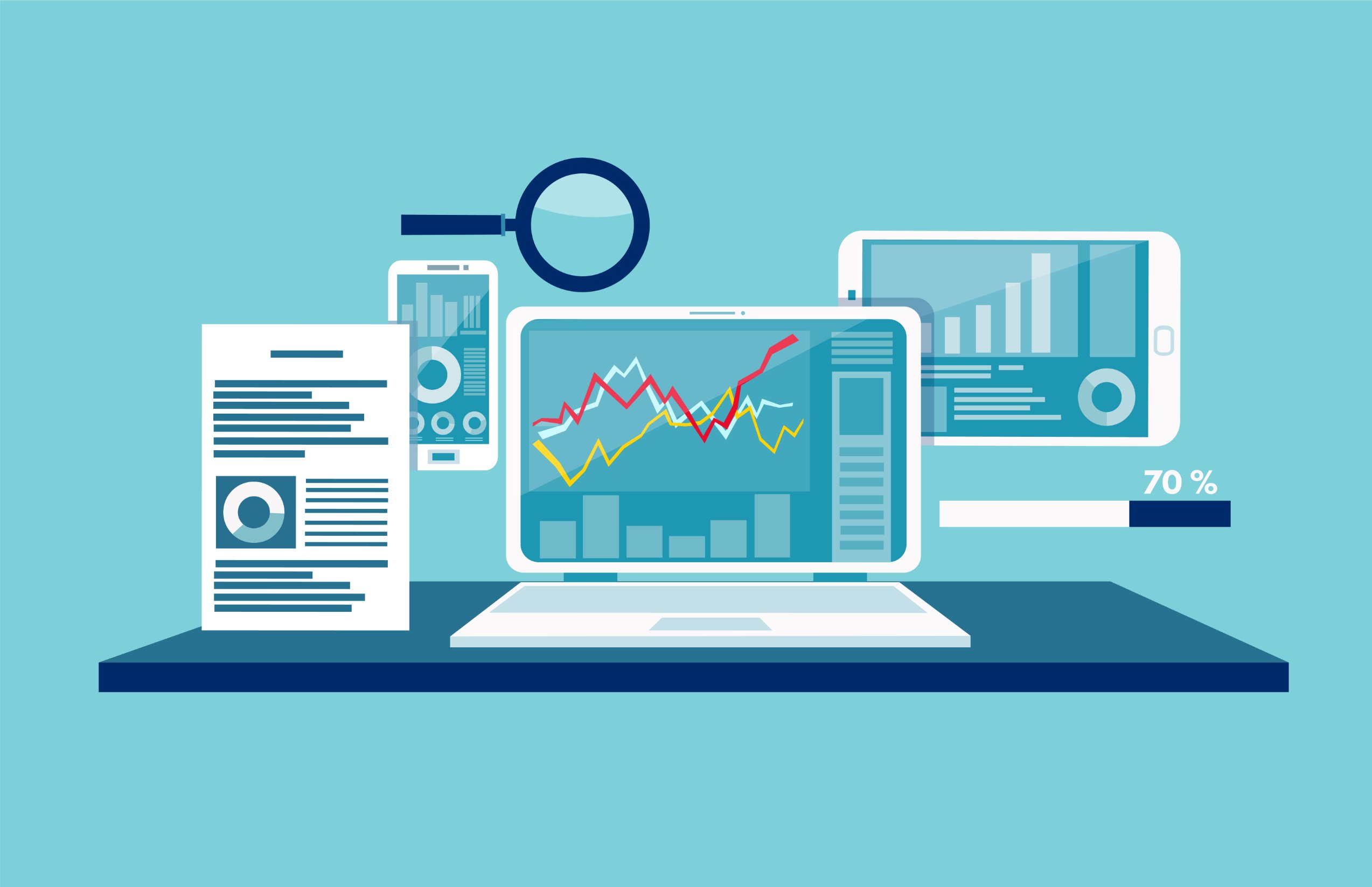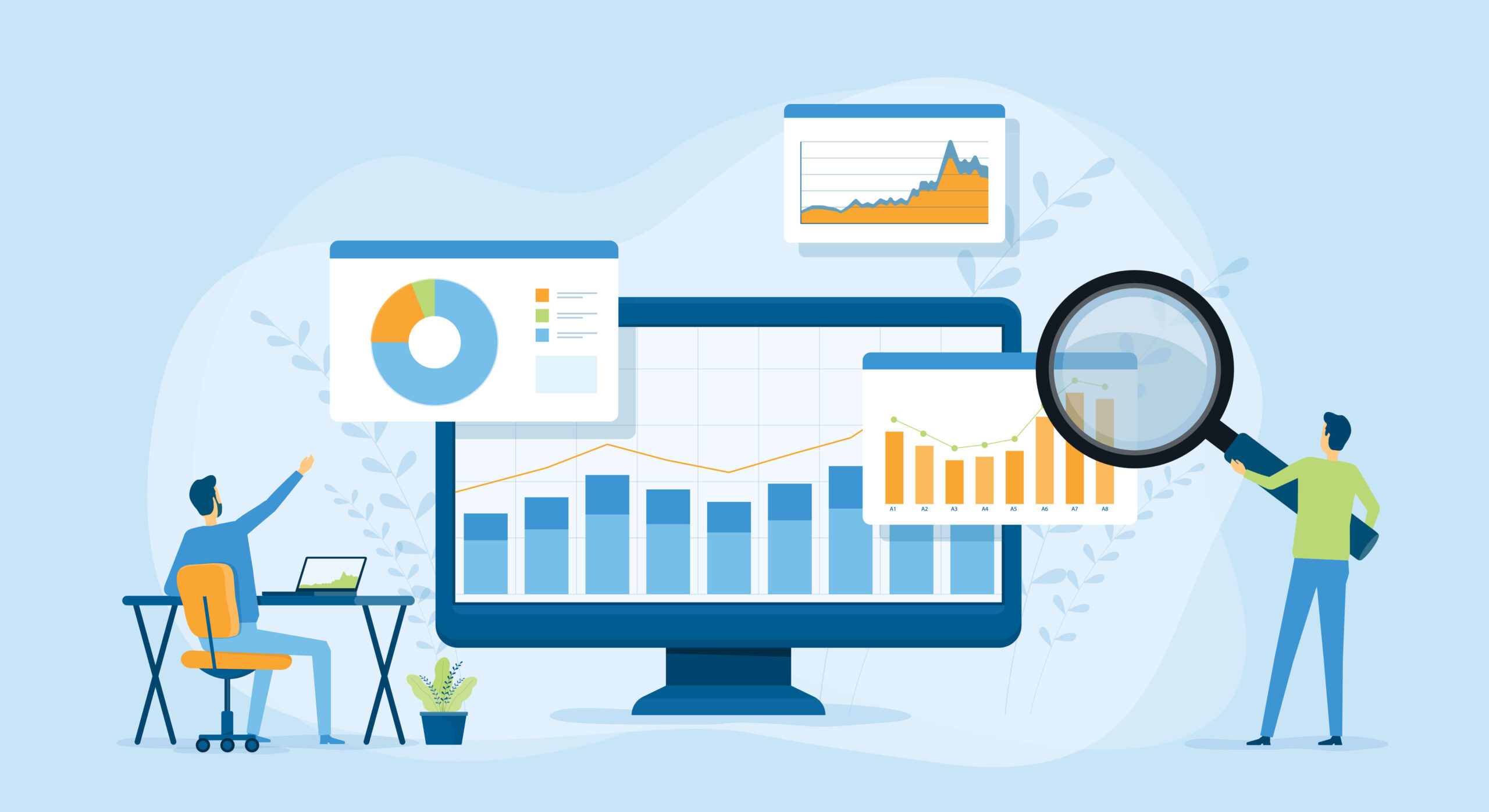In today’s digital age, where social media platforms serve as vital communication channels, monitoring them has become imperative for individuals and businesses alike. From understanding audience sentiment to crisis management, the importance of monitoring social media cannot be overstated.
Importance of Monitoring Social Media Platforms

1. Understanding Audience Sentiment
Monitoring social media platforms enables businesses to gauge the sentiment surrounding their brand. By tracking mentions, comments, and shares, companies can identify positive feedback, address negative sentiment promptly, and tailor their marketing strategies accordingly.
2. Crisis Management
In the event of a crisis or negative publicity, social media monitoring allows organizations to respond swiftly and effectively. By monitoring conversations in real-time, businesses can mitigate damage to their reputation and demonstrate transparency and accountability.
Social Media Monitoring Tools
Various tools and platforms are available to facilitate social media monitoring:
1. Social Media Analytics Platforms
Platforms like Hootsuite, Sprout Social, and Buffer provide comprehensive analytics and monitoring features, allowing businesses to track key metrics, monitor mentions, and schedule posts across multiple social media channels.
2. Sentiment Analysis Tools
Sentiment analysis tools, such as Brandwatch and AIM Insights, use natural language processing algorithms to analyze the sentiment of social media conversations. This helps businesses understand how their audience feels about their brand or products.
3. Brand Monitoring Tools
Brand monitoring tools like Google Alerts and Talkwalker Alert assist businesses in tracking mentions of their brand or relevant keywords across the web. This allows for proactive reputation management and competitor analysis.
Best Practices for Effective Social Media Monitoring
To maximize the benefits of social media monitoring, businesses should adhere to the following best practices:
1. Set Clear Objectives
Before embarking on social media monitoring, establish clear objectives aligned with your business goals. Whether it’s improving brand perception, identifying market trends, or monitoring competitors, clarity of purpose is essential.
2. Choose the Right Tools
Select tools and platforms that align with your monitoring objectives and budget. Conduct thorough research and choose tools that offer the features and functionalities necessary for your monitoring needs.
3. Monitor Regularly
Consistent monitoring is key to staying abreast of relevant conversations and trends. Allocate dedicated resources to monitor social media platforms regularly and respond promptly to customer queries and feedback.
4. Engage with the Audience
Social media monitoring presents an opportunity to engage directly with your audience. Respond to comments, address concerns, and participate in conversations to foster meaningful connections and build brand loyalty.
Challenges
Despite its benefits, social media monitoring presents several challenges:
1. Data Overload
The sheer volume of data generated on social media platforms can be overwhelming. Businesses must implement robust filtering and prioritization mechanisms to focus on the most relevant conversations and insights.
2. Privacy Concerns
With increasing scrutiny over data privacy, businesses must navigate ethical considerations when monitoring social media platforms. Transparency, consent, and compliance with data protection regulations are paramount.
Future Trends
The landscape of social media monitoring is continually evolving, with several emerging trends:
1. AI and Machine Learning Integration
The integration of AI and machine learning technologies will enhance the efficiency and accuracy of social media monitoring. Advanced algorithms will enable more precise sentiment analysis and trend prediction.
2. Enhanced Data Privacy Measures
In response to growing concerns over data privacy, social media platforms and monitoring tools will implement stricter privacy measures. Enhanced encryption, anonymization techniques, and user consent mechanisms will become standard practice.
Conclusion
Monitoring social media platforms is indispensable for businesses seeking to understand their audience, manage their reputation, and stay ahead of market trends. By leveraging the right tools and adopting best practices, organizations can harness the power of social media to drive engagement, loyalty, and growth.
For a personalized demonstration of how AIM Technologies can revolutionize your social media monitoring efforts, request a demo today!
FAQs
Why is social media monitoring important for businesses?
- Social media monitoring allows businesses to understand customer sentiment, manage their reputation, and identify emerging trends in real-time.
Which tools are best for social media monitoring?
- Popular social media monitoring tools include Hootsuite, AIM Insights, and Google Alerts, each offering unique features for tracking and analyzing online conversations.
How often should businesses monitor social media platforms?
- Businesses should monitor social media platforms regularly, ideally on a daily basis, to stay informed about relevant conversations and trends.
What are the challenges associated with social media monitoring?
- Challenges in social media monitoring include data overload, privacy concerns, and the need for advanced analytics to derive actionable insights from vast amounts of data.
What are the future trends in social media monitoring?
- Future trends in social media monitoring include the integration of AI and machine learning for enhanced analysis, as well as stricter data privacy measures to protect user information.


